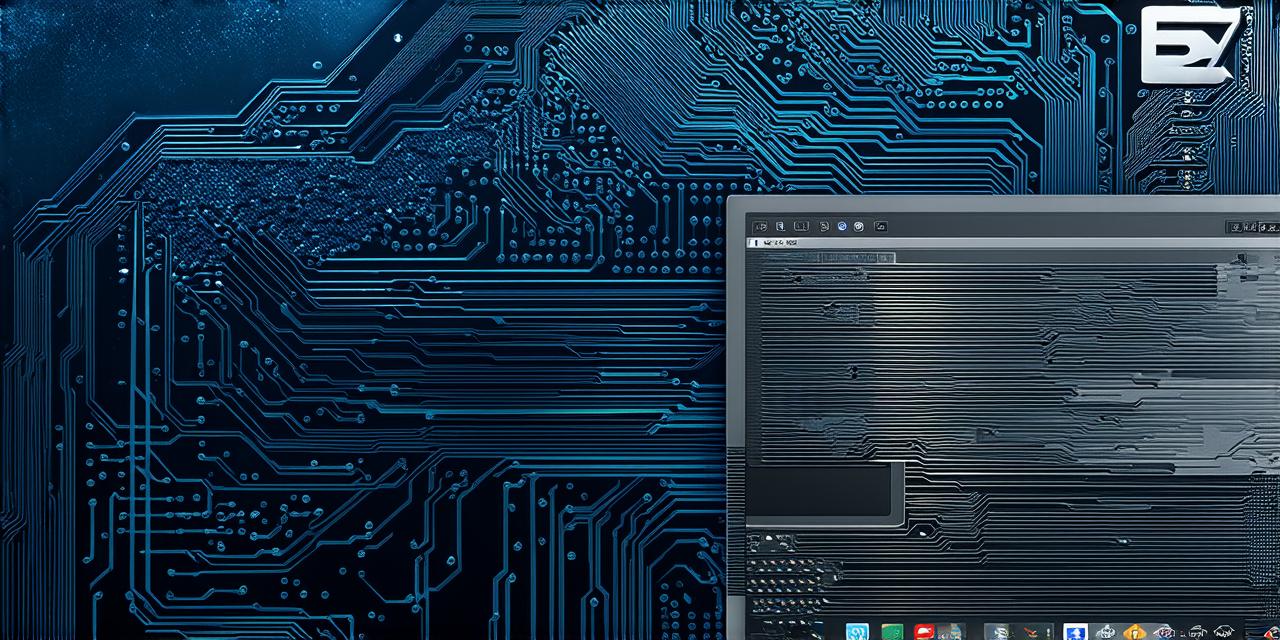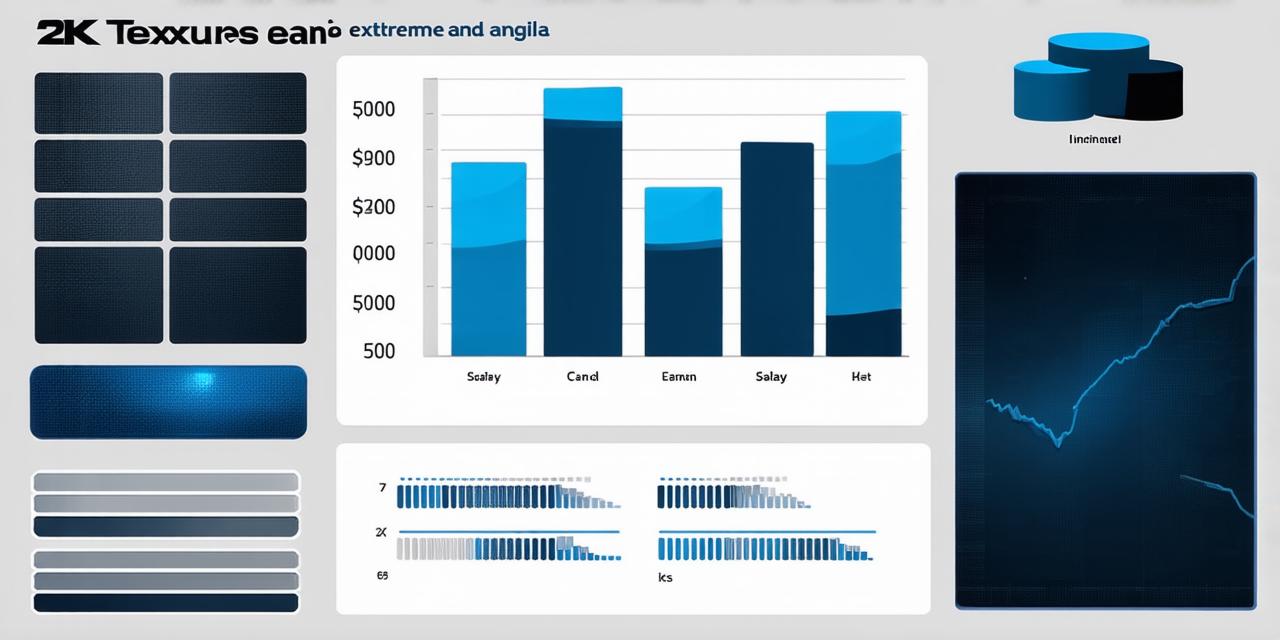What Software Do Most Game Developers Use?
Game development is a complex and ever-evolving field that requires a range of tools and technologies to bring your creative vision to life. Whether you’re a seasoned game developer or just starting out, understanding the software that most game developers use can help you make more informed decisions about which tools to invest in for your own projects. In this article, we’ll take a closer look at some of the most popular software used by game developers and explore how they are used in the development process.
Unity: The Most Popular Game Engine
Unity is hands down the most popular game engine out there, with over 60% of all game developers using it to create their games. It’s easy to see why Unity has become so popular – it offers a powerful and flexible platform that can be used to develop everything from simple mobile games to complex AAA titles. With its built-in tools for animation, physics, and networking, Unity makes it easy for developers to create games quickly and efficiently.
One of the key advantages of Unity is its cross-platform capabilities. Developers can use Unity to create games that run on a wide range of devices and platforms, including Windows, macOS, iOS, Android, and consoles like the PlayStation 4 and Xbox One. This means that game developers can reach a much larger audience with their games, which is crucial in today’s competitive marketplace.
Another major advantage of Unity is its large and active community. Unity has a massive user base, which means there are plenty of resources available for developers who want to learn more about the platform or get help with specific problems they may be experiencing. This includes tutorials, documentation, forums, and a wide range of plugins and assets that can help speed up development and add new features to your games.
UE4: A Powerful Unreal Engine Alternative

While Unity is easily the most popular game engine out there, it’s not the only option available to game developers. Epic Games’ Unreal Engine (UE4) is another popular choice that offers many of the same features and capabilities as Unity, but with a slightly different focus.
Unreal Engine is known for its high-performance graphics and advanced physics simulation capabilities, which make it well-suited to developing games with complex visual effects and realistic gameplay mechanics. It’s also worth noting that UE4 has a strong focus on virtual reality (VR) development, with built-in tools and support for creating VR experiences that can run on a wide range of devices.
Despite its powerful capabilities, UE4 is not as widely used as Unity, likely due to the fact that it’s more expensive and requires more technical expertise to use effectively. That being said, if you’re looking for a game engine that can deliver truly stunning graphics and physics-based gameplay, UE4 may be worth considering.
Source Control: Version Control for Game Development Teams
Version control is an essential tool for any software development project, including game development. Source control allows developers to track changes to their code over time, collaborate with other team members, and revert to previous versions of the code if needed. There are several different source control systems available, but Git is easily the most popular among game developers.
Git is a distributed version control system that was first developed by Linus Torvalds in 2005. It’s known for its flexibility and ease of use, making it an ideal choice for game development teams that need to collaborate on code across multiple locations and devices. Git also offers advanced features like branching and merging, which can help streamline the development process and make it easier to manage complex projects with multiple developers.
Another popular source control system among game developers is Team Foundation Version Control (TFVC), which is part of Microsoft’s Visual Studio software suite.




